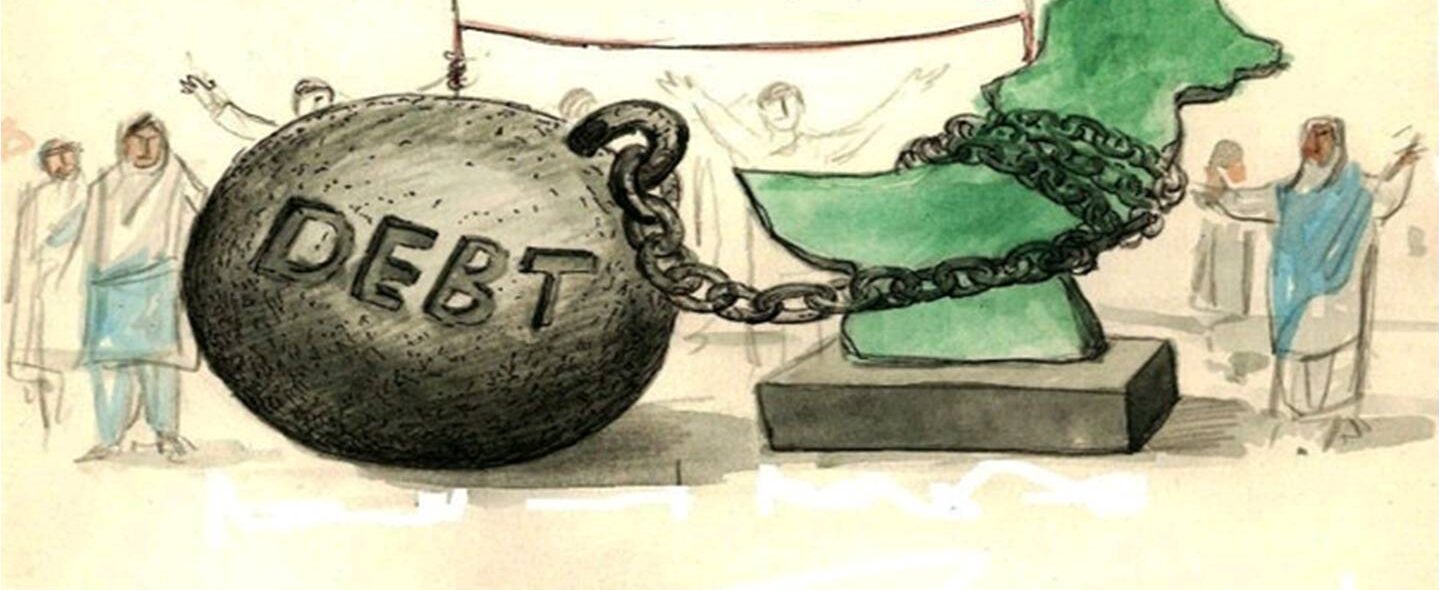Pakistan cabinet has approved an ordinance to bypass all the procedures for selling assets to foreign countries in order to prevent the country from defaulting.
They also abolished regulatory checks including the applicability of six relevant laws in a desperate move to save the country from default through the emergency sale of state assets to foreign countries.
These are the Companies Act, 2017, Privatisation Commission Ordinance, 2000, Public Procurement Regulatory Authority Ordinance, 2002, Public-Private Partnership Authority Act, 2017, Securities and Exchange Commission of Pakistan Act, 1997, Securities Act, 2015 or any other law for the time being in force or in any instrument having effect by virtue of any law other than the ordinance.
The powers had been obtained to sell the land of the two LNG-fired power plants to the foreign country along with their machinery.
Through the Inter-Governmental Commercial Transactions Ordinance 2022, the Centre has also empowered itself to issue binding instructions to the provincial governments for land acquisition, according to a copy of the ordinance.
The government has also barred the courts of the country not to entertain any petition against the sale of assets and shares of the government companies to foreign countries, as per the ordinance.
However, President Arif Alvi has not signed the ordinance yet.
The federal cabinet approved the ordinance on Thursday to sell stakes of oil and gas companies and government-owned power plants to the UAE to raise USD 2 billion to USD 2.5 billion to avoid the looming default.
The UAE had in May refused to give cash deposits due to Islamabad’s inability to return previous loans and instead asked to open its companies for investment.
The International Monetary Fund (IMF) has placed a condition that Pakistan’s case could not be taken to the board until it arranged USD 4 billion from friendly countries to bridge the financing gap.
Meanwhile, Pakistan’s rupee shed 8.3 per cent of its value this week — the steepest since November 1998, indicating the gravity of the challenges that the government is facing.
The ordinance has raised many transparency concerns, including the determination of the prices of the shares of the Mari Gas Company, Oil Gas Development Company Limited and Pakistan Petroleum Limited amid their low market price compared with their book values.
The Cabinet Committee on the Inter-Governmental Commercial Transactions will be formed that will have sweeping powers, including those overriding six Acts of parliament.
The ordinance makes the federal cabinet so powerful that it can even issue binding instructions to provinces to hand over any piece of land and enter into a transaction with a foreign state.
The cabinet committee’s decisions can neither be challenged in the courts nor any investigation agencies open those deals, according to the ordinance.
The “Inter-governmental framework agreement” or “G2G agreement” means an agreement or memorandum of understanding entered between the federal government and the government(s) of foreign state(s).
According to the ordinance, no court in the country shall entertain an application, petition or suit against any process or act of sale of assets to the foreign entity. However, legal experts say that the courts do not accept such ouster clauses.
The ordinance states that no court shall grant an injunction or entertain any application for an injunction against any process undertaken, intended or purported to be undertaken for a commercial transaction or agreement.
No suit, prosecution or any other legal proceedings or action in damages can be claimed against people who will be involved in selling these assets.
Similarly, no investigating agency, anti-graft agency, law enforcement agency or a court can initiate an inquiry into or initiate an investigation for any procedural lapse or irregularity by any person in a commercial transaction or agreement under the ordinance unless there exists evidence of personal monetary gain with corroborative evidence of the link between such monetary gain to the undue benefit rendered to any party of the agreement.
No person will be sued in his personal capacity for action taken in his official capacity.
However, sources said the price discovery mechanism could become controversial in the absence of transparency and low stock values due to a plunge at the Pakistan Stock Exchange.

